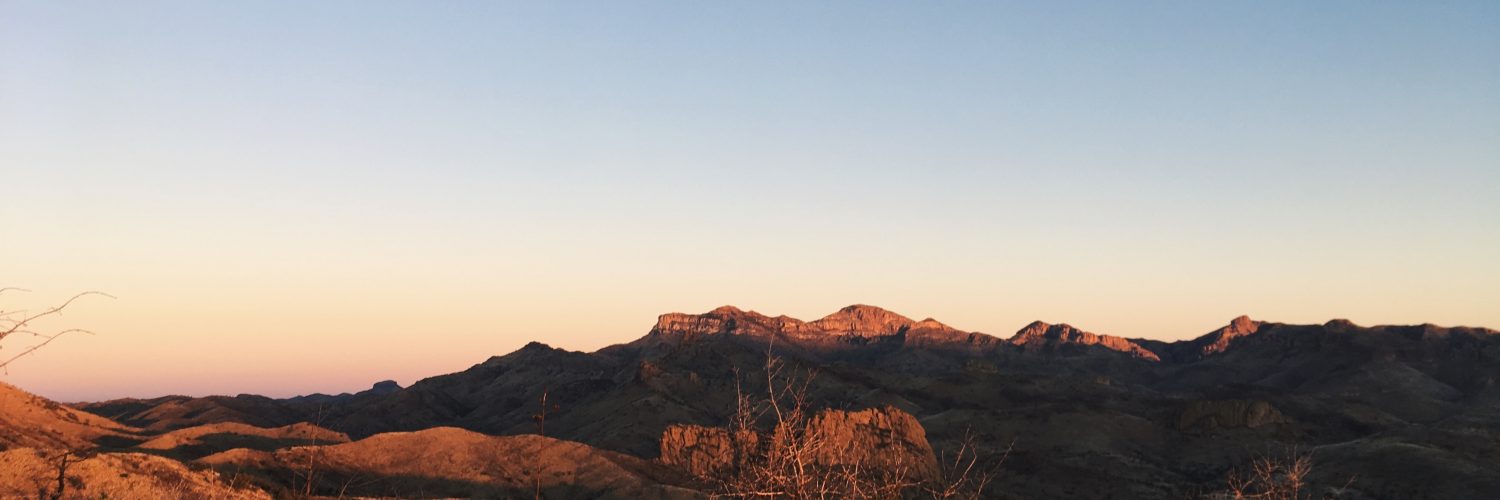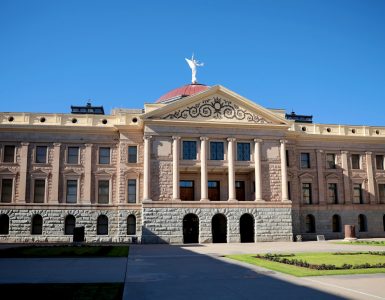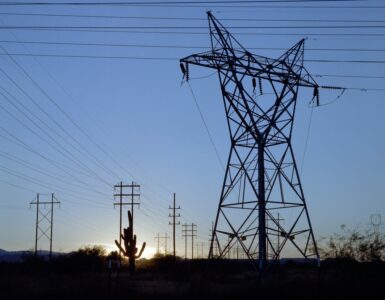Drive along the border near Nogales and you’ll be able to spot wastewater flowing north every day from Mexico into the lower Santa Cruz River. The region’s wastewater, which is water that has been affected by human use including agricultural, has been in desperate need of infrastructure repair for decades to help keep the water clean.
A measure that would relieve Nogales, Ariz. of some of its disproportionate financial responsibility for a cross-border sewer line and treatment plant is picking up steam in Congress.
The Nogales Wastewater Fairness Act was halted when it was initially introduced in both houses of Congress in 2017. At the time, Arizona Sens. John McCain (R) and Jeff Flake (R) spearheaded the act along with then-Rep. Martha McSally. Now that McSally is in the Senate, she’s giving the act another go.
Last week, four members of Arizona’s current delegation including McSally and three Democrats, Sen. Kyrsten Sinema (D), and Reps. Raul Grijalva (D) and Ann Kirkpatrick (D) introduced the bill in the House and Senate. The sponsors of the bill say they have faith that the measure has a better chance of being signed into law because of the bipartisan backing of the act and the makeup of Congress currently.
“You do get tired of having sewage running through your town,” Santa Cruz County Supervisor Bruce Backer, a supporter of the bill, said. “What this bill does is hopefully draw a line in the sand and puts the right responsibility on the parties, and the federal government.”
The sewer line that’s currently in place, the International Outfall Interceptor, shuttles more than 10 million gallons of wastewater each day from the border to the Nogales Wastewater Treatment Plant in Rio Rico. Nogales and the International Boundary and Water Commission (IBWC) share the responsibility of pipeline maintenance, which translates to the city paying nearly one-quarter of the treatment plant’s $5 million-plus operating costs.
The Fairness Act was originally adopted to reduce Nogales, Arizona’s share of the operating cost burden. Leadership from the city has stated that Nogales contributes only about eight percent of the sewage treated at the plant while the rest comes from the city’s cross-border twin, Nogales, Sonora. Mix in an aging and leaking pipeline and you have a call for legislative equality.
“I think this bill has a really good shot, because they narrowed it down to just the issues, with the main issue of getting it off the back of the city of Nogales, Arizona,” explains Bracker. “With a smaller town of roughly 20,000 people, it’s not fair. There are a lot of issues as well–the infrastructure is old, coming up on 50 years. That’s the life expectancy of this type of infrastructure.”
Sen. Sinema in a statement said that that she, McSally, and their constituents are “bringing fairness to the people of Nogales by making sure they’re no longer forced to pay for Mexico’s sewage costs. Our commonsense legislation protects Nogales taxpayers by fixing the outdated financial agreement over this pipeline.”
Rep. Grijalva also submitted an amendment to a government funding bill that would redirect $4 million of the budget for the purpose of making sure the IBWC would help maintain the pipeline.
“This amendment is another avenue to allocate critical resources to address the future maintenance of the IOI. No community should have to live under the constant threat of water contamination,” he said in a press release.
















Add comment